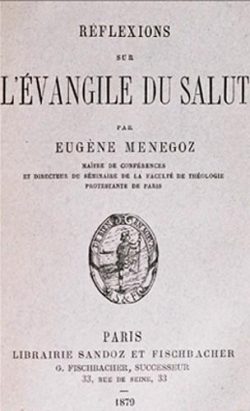Eugène Ménégoz (1838-1921)
An advocate of symbolofideism
A Lutheran theologian, he was born in Alsace. He read theology in Strasbourg and at several German universities. In 1866 he was appointed vicar, then pastor in the parish of Billettes in Paris. In 1877 he became Head of the Seminary of the Theological Faculty he had helped establish in Paris. He lectured in German and in Theology. In 1882 he was appointed Professor of Lutheran Dogmatics, and in 1901 Dean of the Faculty of Theology.
He gradually broke away from Lutheran orthodoxy to become, with Auguste Sabatier , the leader of the symbolofideist school whose central thesis is explained in his Réflexions sur l’Evangile du Salut (1879) : “faith is the only condition, but also the absolute condition of salvation” la foi est la condition unique, mais aussi la condition absolue du salut). Thus, he turned away from the strict evangelicals – inclined, in his opinion, to proclaim a salvation through creed – but also from the liberals whom he saw as preaching salvation through the love of God and of one’s fellow men. He defended « salvation through faith regardless of creed » (le salut par la foi, indépendamment des croyances), creeds only being « an outstanding teaching method » (moyen pédagogique de premier ordre). For Ménégoz, religious discourse relates to a moment in time, and even to the psychological condition of the individual person. Therefore, the wording of creeds and especially of the very detailed confessions of faith are not of prime importance.
His opponents suspect such a concept to be influenced by pietism and subjectivism and to set doctrine aside as being of no importance. Despite his objections, he will be strongly attacked and even blamed by the Paris Lutheran Conference.
But Ménégoz’s thought had a notable practical effect : it was well adapted to the needs of parish pastors in search of a solid basis whereby to refuse too great an importance to the debates between theologians. Moreover, his ideas expressed a return to the very roots of the Reformation, and this explains his influence on both pastors and congregations.
Associated notes
-
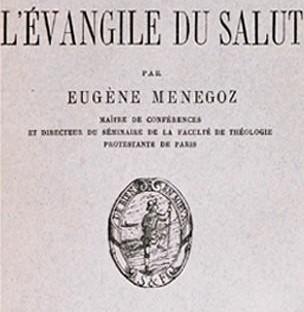
Fideo-symbolism
Fideo-symbolism insisted on faith – on the relation to God – and lessened the importance of doctrine. The knowledge of God is something that lies beyond human formulas and expressions. -
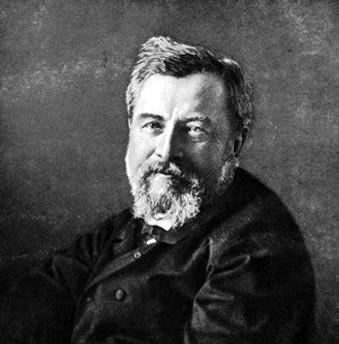
Auguste Sabatier (1839-1901)
-
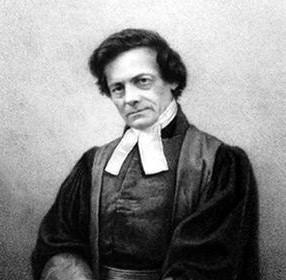
Adolphe Monod (1802-1856)
-
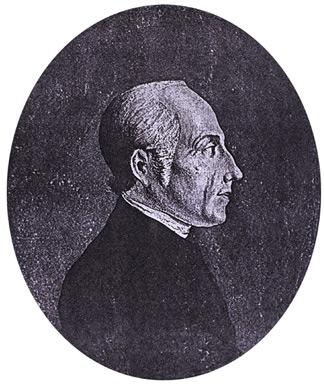
Jean-Frédéric Oberlin (1740-1826)
-

Edouard Reuss (1804-1891)
Although Edouard Reuss was a professor of theology in the protestant Faculty of Strasburg, he was above all a historian ; dogmatics had little to do with his analysis of the... -
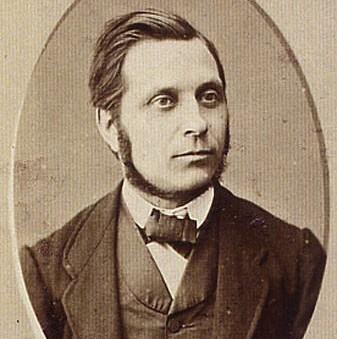
Jules Steeg (1836-1898)
Jules Steeg was born in Versailles in 1836 – his father, a shoemaker, was an immigrant from Germany and his mother was French. He was a pastor, a politician and... -
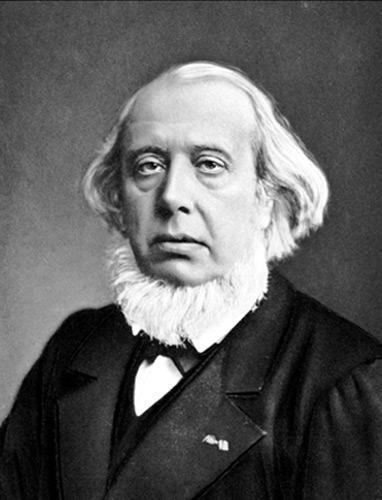
Edmond Dehault de Pressensé (1824-1891)

